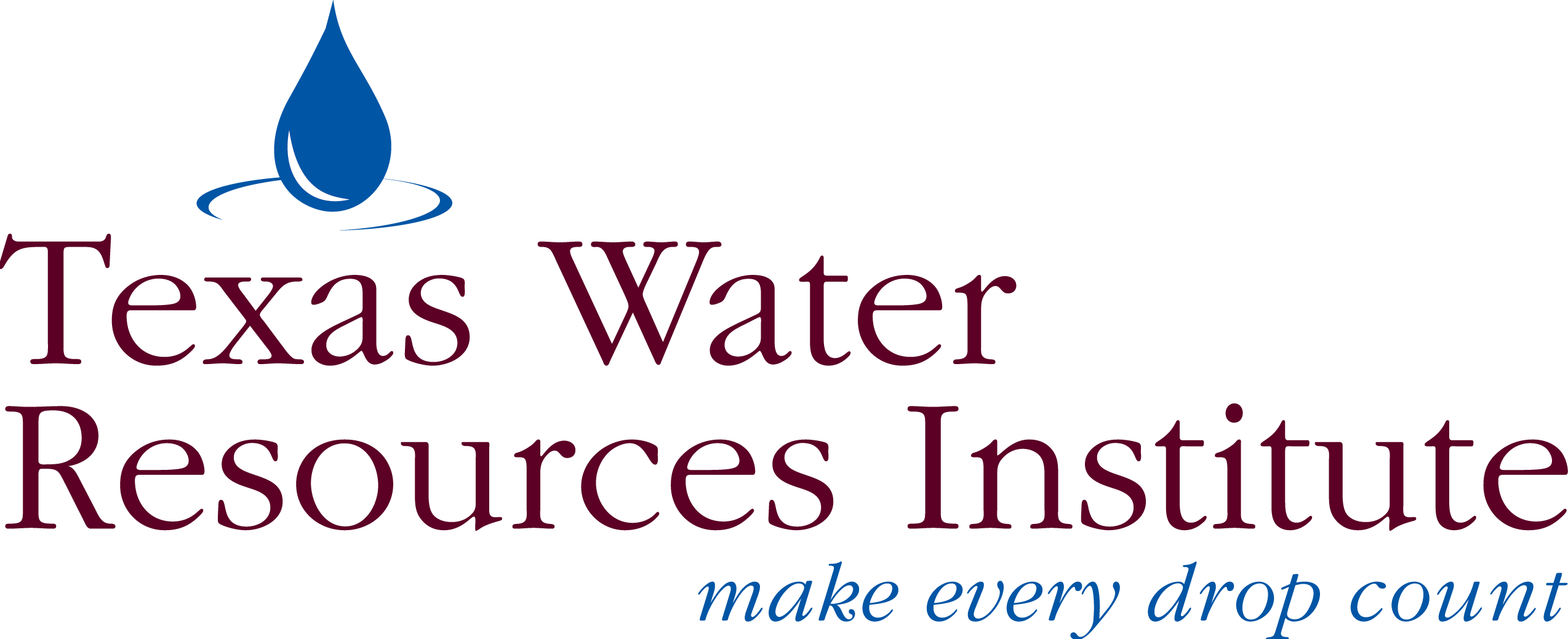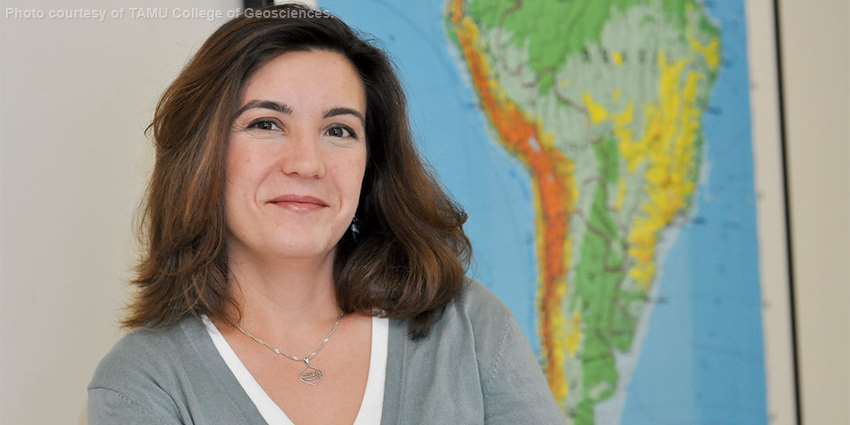Article originally written by Chantal Cough-Schulze
Texas Water Resources Institute’s (TWRI) Wendy Jepson, Ph.D., is stepping into an expanded role at the institute as associate director of research (social science).
Since 2020, Jepson has been TWRI interim associate director at the Texas A&M AgriLife Center at Dallas. She is also a University Professor in the Texas A&M University Department of Geography and a 2021 Chancellor’s Enhancing Development and Generating Excellence in Scholarship Fellow.
Over the past year, Jepson developed a new urban water program at the Dallas Center along with Becky Bowling, Ph.D., assistant professor in the Texas A&M Department of Soil and Crop Sciences and Texas A&M AgriLife Extension specialist for urban water. Part of Jepson’s new role will be to take the ideas that she and Bowling developed over the past year and put them into action, with the help of a newly hired team.
A large part of Jepson’s new role as associate director of research (social science) will also be facilitating interdisciplinary collaboration both within and beyond AgriLife Research and AgriLife Extension. Water research pulls from many fields — biology, engineering, public health, social science and more — so Jepson said that collaboration is vital at TWRI and beyond.
That collaborative work will include developing an upcoming water program with the United Nations Food and Agriculture Organization, as well as developing the Water for a Livable Texas initiative with the Texas A&M Office of the Vice President for Research. Water for a Livable Texas, which is part of the university’s larger Livable Texas initiative, will bring researchers together to identify solutions to water resources, water infrastructure and water governance issues that impact Texans.
Jepson said she would also like to join forces with the Texas A&M Institute of Data Science (TAMIDS) to “engage with the data science and high-performance computing and all the researchers who are working in that space” to address water issues that Texans face.
“TAMIDS has the scientists and the computational capacity, and the water space becomes the thematic area of how we can bring those two together,” she said.
Developing all of these partnerships will “require intentionality,” Jepson said. It will require creating norms and protocols for effective interdisciplinary collaboration, which she described as “the nuts and bolts of research.”
Luckily, Jepson is no stranger to bringing researchers together. Since 2017, for example, she’s been working on the Household Water Insecurity Experiences – Research Coordination Network (HWISE-RCN). The network, which has ballooned to include over 100 experts, has developed a global household water insecurity dataset from almost 9,000 households in 27 different countries.
Jepson’s experience — both with HWISE-RCN and in the rest of her career — has underscored the importance of collaboration. As a geographer, “one needs to have a very broad approach to the research enterprise in its glorious complexity,” she said.
As TWRI’s new associate director of research (social science), Jepson is excited to be diving into that glorious complexity.
“I am best situated to bridge the institute with university scholars to facilitate research and get some wins,” she said.
“I think TWRI is very special. I think that the institutional culture is rich and collaborative and exciting. So, if I can make it even more interesting and more collaborative and more exciting, then I’ve felt like I’ve done my job.”



